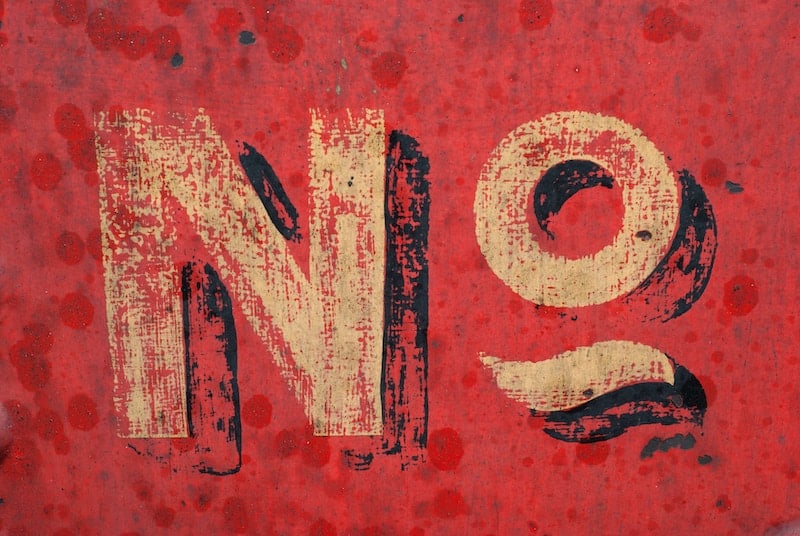“Dear speaker
This serves as notice that your session submission was not selected for our upcoming event.
We had a lot of sessions to sort through, and unfortunately there were not enough spots available to take everyone.
Please submit for next year.
The conference organizers”
I’m a user group leader, a former SQL Saturday organizer, and I may have helped put on a party with 5,000 of my closest friends in Johannesburg in 2001. I also routinely direct and produce films, stage plays, and various other events that require casting decisions.
On the other side of the fence I’m a technical speaker, and have written two books for Microsoft Press and chapters in other various publications. While I’m not going to claim I’m an expert in my field, a lot of the evidence points towards a risk of hubris.
In 2019 I was taken in by hubris. An audition for a stage farce was followed by a callback, where the director decides who has chemistry and who works well together. As an actor I find callbacks most unnerving because you can do an even better job than you did in the audition room, and you still may not be selected.
That memory continues to hurt.
I killed it in the audition room. I know I did because I got a callback. Then I interpreted a director’s note incorrectly, which is a very bad thing to do, as it implies that you can’t take direction. In any event, the final casting decision kept me on the edge of my seat for almost a week.
It was unusual for a decision to take this long in the theatre community. My agent called during that week to offer me two auditions for separate TV roles. I told her no because I was waiting for news about the callback. She told me I should take every opportunity I’m given, and I ignored her advice. I was so sure I had the stage role in the bag that I didn’t audition for the TV stuff.
A week later, after I lost the role to a different actor whose chemistry worked better with the lead, it was too late to go up for the TV stuff. Hubris is bad, yo.
Looking at it again from the other side, as a casting director or a project manager for a conference, you will see names that keep coming up who you know don’t play well with others, so they’re an instant No. You’ll see names — from the whisper network — of speakers who play too well with others and are considered a real and present threat to attendees and other speakers. Absolute No. Then you exclude names who just aren’t that engaging with their audience. Either they have poor presentation skills, or they have difficulty speaking in front of large crowds.
Next you look at diversity (well, I do). Is there a reasonable balance between men and women and those who don’t identify either way? Is there a reasonable representation of different cultures and age groups? You cannot underestimate the value to your attendees (at both paid and free events) seeing someone who looks like them but isn’t the default straight white male. It’s a powerful motivator.
Then there is the thing that happens — like in the SQL Server community — where a desire to bring in new speakers means that the people who traditionally speak at events are being replaced by new faces entirely, including people who haven’t spoken before at major events. This is a tough balance because it’s hard to vet those speakers and sometimes you take a chance. As a director I took a chance on an actor who turned out to be really bad at acting, but his brother who tagged along for the read-through was a delight so we wrote in a brand new role for him.
Another complicating factor is session length. In 2019 SQLBits shortened their session lengths (possibly to add more sessions), which took a lot of people by surprise. As an ex teacher I took it in stride, but I could have done even better as a speaker if I’d had more time to excise a slide or two.
Ultimately though (and this goes for me too), there’s always someone who can do the exact same thing you can do. They might have a different teaching style, or a different experience level. That’s not to say they’re better than you, or that you’re better than them. It’s just chemistry, timing, and some luck.
Share your thoughts in the comments below.
Photo by Gemma Evans on Unsplash.

Heartening read. Thanks for creating this content.
Comments are closed.